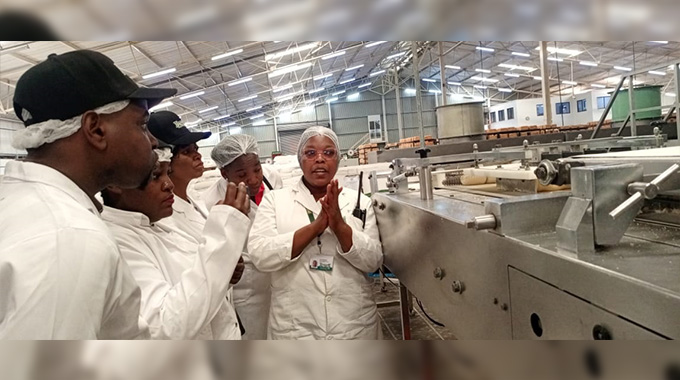Home sweet home but . . ?

Stephen Mpofu
Economic and labour experts from some developed western countries have predicted in international radio broadcasts that when it finally abates, the current Covid-19 global pandemic and its concomitant lockdowns will leave behind in its wake shrunken economies and job losses with some governments hiving off quasi-state enterprises into the throng of cut-throat private sector business competition.
Now, if the big economies which have gone through difficult times to be where they are face such horrendous times ahead of them, common sense and deductive thinking should tell you (yes, you) that developing nations, particularly in Africa with our own motherland included, will certainly face gargantuan times with dizzifying poverty datum lines to contend with.
Add to the above millions of African migrant workers thinking and talking fondly about “home sweet home” and then returning in droves from overseas and, in Zimbabwe’s case, from other Sadc countries, to “home bitter home” for lack of jobs and accommodation for them and their families among other life necessities, in the absence of impressive castles that they built in the air back home when plodding through trials and tribulations back on foreign soil.
The experts mentioned above have also suggested that countries faced with employment dilemmas as a result of failing economies and diminishing revenue inflows from taxes paid by businesses can exploit mineral resources, where these exist for export to earn much needed forex.
Our own Government might seriously consider that suggestion and go the whole hog exploiting such minerals as gold, platinum and uranium which some experts have previously said was present in large quantities in our country, not to mention oil also said by experts to exist in northern Zimbabwe.
And why not direct some of the returnees, if they are not born-‘n-locations, to their umbilical cords in rural areas or to state farms to grow food and in that way reclaim Zimbabwe’s early independence status as the grain basket of southern Africa with maize exports going to and through Zambia to as far north as Egypt.
This will not only earn forex for the farmers in the country, but will also reduce prospects of crime should the returnees remain crowded in jobless cities and towns.
In addition, the people returning home may also be deployed on public works such as construction of roads and bridges, not to mention Command Agriculture to maximise food production for local consumption and for export.
Those claiming to be “too smart” to work on such projects will be telling blue lies because it is a fact that Zimbabweans, some of them highly educated, are known right now to be labourers putting tar on roads in South Africa, for instance, as they cannot find white collar jobs there but must take what comes their way for their existence and the existence of their families back home.
The Government might also find it necessary to maintain a modicum of the current lockdown in urban centres, particularly at night, as a control measure against crime which is committed mostly under the cover of darkness.
Legislators might also seriously consider crafting a law against nocturnal perambulation to solicit by women, and to catch by men, for purposes of prostitution with never-again legal sanctions imposed on offenders found guilty of the offence in point as a way of cleansing Zimbabwean society of dirty immoral acts that gives the country a bad image abroad.
Of course, people moving to or from work places will have to be exempt from such legal prohibition of movement at night.
During the current lockdown, street children are being looked after at designated places in our urban areas by the department of social welfare.
It has not been said publicly by authorities if these children will be set free to return to the streets to solicit for alms while some of them sleep on shop pavements and are exposed to rubbing arms with hardcore criminals, when the lockdown is over.
It is highly likely that some of the child beggars on the streets are sent by their parents or other relatives to hunt for charitable hands on the street.
A picture that emerges from young children, some bare foot and/ or in tattered or dirty clothes does not speak well for the manner in which our motherland cares for its young, potential future pillars of this nation in post, post-modernity.
This communicologist-cum-sociologist feels strongly that welfare authorities should mount a vigorous research to discover which street children are orphans with no one to fend for them and which ones are sent by relatives to beg on the streets so that a law is passed compelling parents or other relatives of children found begging on the streets to care for those poor souls at home.
Home is the right institution for the proper socialisation of young children in order for the future leaders, political or otherwise to know the dos and don’ts of our society so that, when in the final analysis these children know what the laws of the land permit and prohibit, they will become shining star citizens of the motherland to be followed by other youth and Zimbabwe will be proud for producing such a responsible citizenry among our children.











Comments